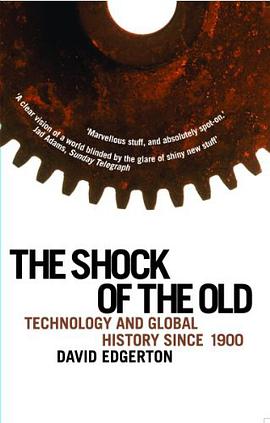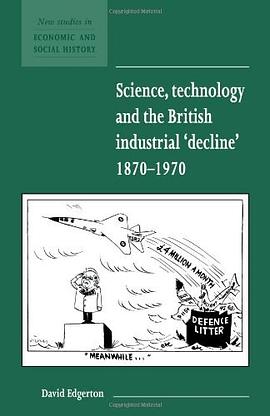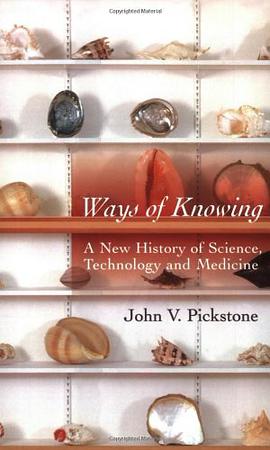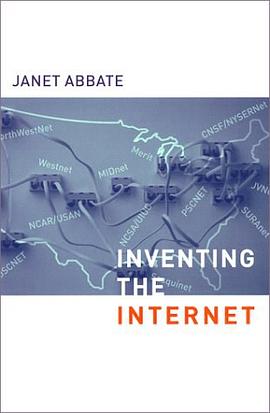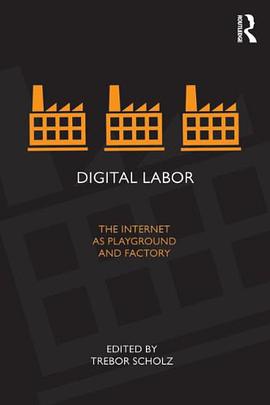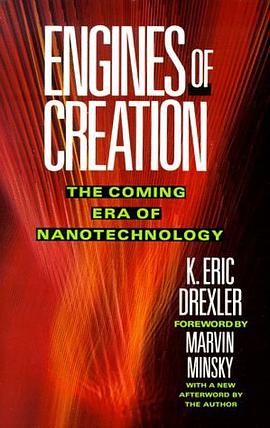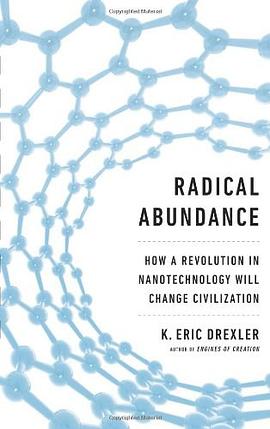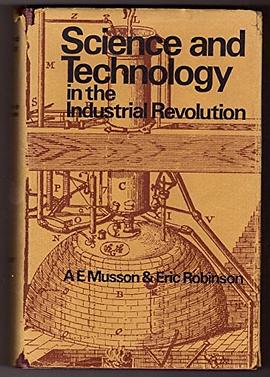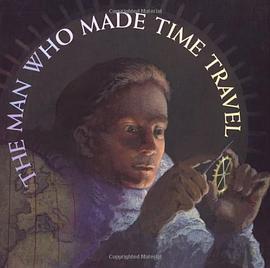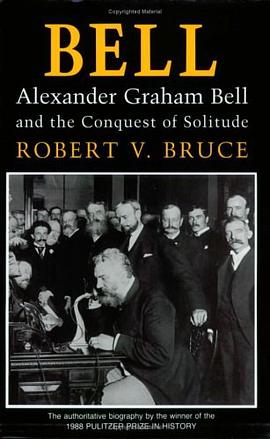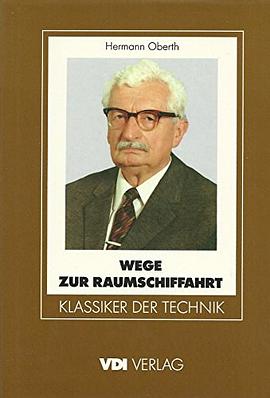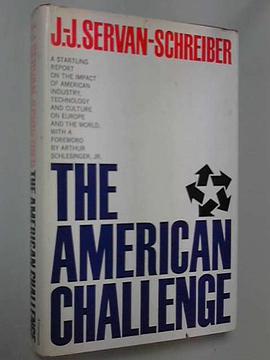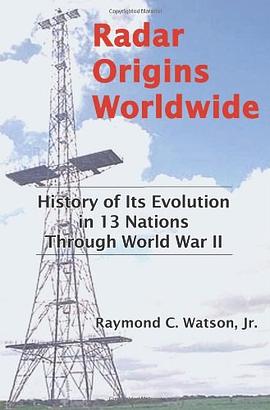Shock Of The Old 豆瓣
作者:
David Edgerton
Profile Books
2008
- 1
The first proper global account of the place of technology in twentieth century history, this brilliant, thought-provoking book will radically revise our understanding of the relationship between technology and society. Whereas standard histories of technology give tired old accounts of the usual inventions - planes, bombs - "The Shock of the Old" is based on a different idea. Its thrust is that for the full picture of the history of technology we need to know not about what a few people invented, but about what everyday people used - and when they actually used things, if it was a long time after invention. It, therefore, reassesses the significance of, for example, the Pill and IT, and shows the continued importance of technology, such as corrugated iron and sewing machines. In taking this approach, "The Shock of the Old" challenges the idea that we live in an era of ever increasing change and so dismisses naivetes about 'the information age'. Interweaving political, economic and cultural history, it will show what it means to think critically about technology and its importance.
